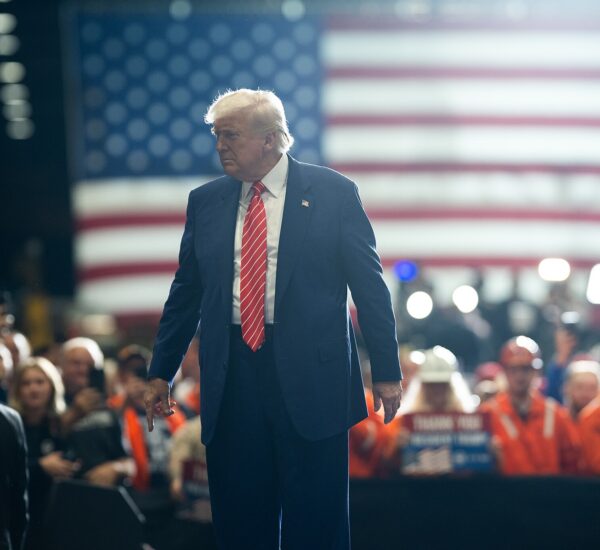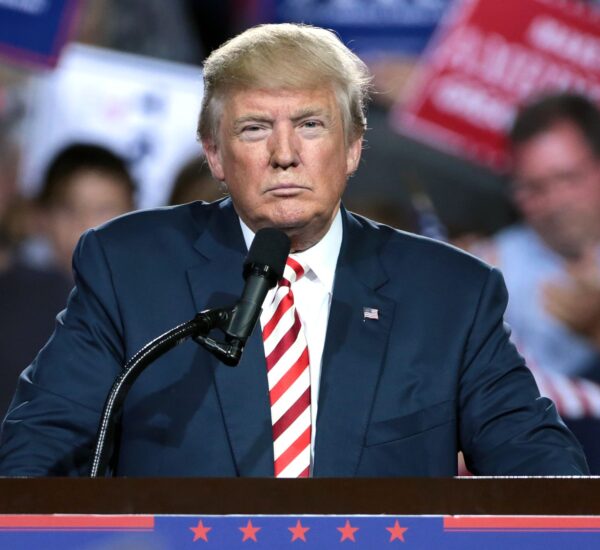Liz Cheney Attacks Lindsey Graham
Former Congresswoman Liz Cheney (R-Wyo.) recently made headlines for her unusual endorsement of Vice President Kamala Harris, a move that has drawn sharp criticism from many in the Republican Party. During a campaign event, Cheney suggested that Republicans should ignore the opinions of Sen. Lindsey Graham (R-S.C.) regarding Harris’s candidacy. This comes after Graham expressed disbelief that any Republican would support someone he described as one of the most radical nominees in American political history.
In an interview with conservative commentator Charlie Sykes, Cheney defended her stance, arguing that the possibility of a second term for former President Trump poses a significant threat to the republic. She stated, “We’ve never faced a threat like this before,” emphasizing that it is crucial to prioritize the Constitution and national integrity over party lines. Cheney called Harris someone whom Americans could trust, highlighting her belief that Harris would govern for all citizens, regardless of their political affiliations.
This endorsement is particularly controversial given Cheney’s history within the GOP, especially her opposition to Trump. Cheney believes that the upcoming election should transcend traditional partisanship, stating, “This election cycle has to be about so much more than partisanship.” Her comments suggest a willingness to unite against what she perceives as a greater danger.
In a broader context, Cheney’s position echoes a sentiment expressed by Harris herself, who remarked on the importance of moving beyond revenge politics to focus on the needs of the American people. As the country grapples with increasing polarization, the calls from figures like Cheney and Harris for bipartisanship may resonate with some voters who are tired of divisive rhetoric.
As the election approaches, the Republican Party faces a pivotal moment. Cheney’s endorsement raises questions about the party’s future and the potential for new alliances in a rapidly changing political landscape.





